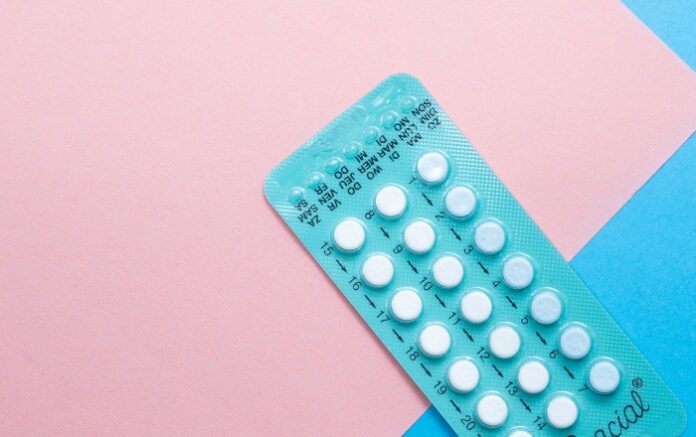When it comes to reproductive health, there is a multitude of common myths about reproductive health out there.
You might have read you can get an STI from a toilet seat somewhere online, or your friend might have told you that the birth control pill makes you gain weight.
With the lack of proper sexual education lessons at schools and the wealth of inaccurate information on the internet, it’s no surprise that many people have these misconceptions.
Let’s bust some of the most common myths about reproductive health, so you can separate the fact from the fiction.
Men Ejaculate the Same Amount Every Time
Men don’t release the same amount of semen or sperm every time they ejaculate. Seminal volume and sperm production fluctuate day-to-day, and it also gradually changes over the course of their lifetime.
Generally, males produce the most sperm in their thirties, after which the number of sperm decreases due to natural reductions in hormones.
Variations in the ejaculate are largely dependent on several factors, including diet, lifestyle, weight, and smoking status. Additional factors that can affect the seminal volume and the number of sperm include fluctuations in hormone levels and weakened pelvic muscles.
To help boost seminal volume and enhance organism intensity, products like Semenax can be extremely effective.
You Can’t Get Pregnant On Your Period
Although the odds of a woman getting pregnant while on their period are extremely low, it is still possible.
Women’s ovulation cycles vary. They’re not all 28 days long, and not every woman ovulates on day 14. This means that it’s difficult to predict exactly when in the month the eggs will be released.
Many women take bleeding as a sign of the start of their period, but small amounts of blood can be lost during ovulation. Having unprotected sex at this time could, therefore, result in a pregnancy.
Another consideration is that sperm can live in a woman’s body for up to five days, meaning it can remain alive before, during, and after a period. This means that it is technically possible for the egg to be fertilized around the time of menstruation.
Douching is the Best Way to Clean Your Vagina
The vagina has a self-cleaning mechanism. It naturally produces mucus and discharge that flushes out unwanted bacteria. Douching can disrupt this process, leading to changes in the pH balance of the vagina. In turn, this can cause vaginal or urethral infections.
Instead of douching, the outside of the vaginal area should be washed with warm water and unscented soaps. If possible, scented tampons and pads should be avoided as well.
Pulling Out is an Effective Method of Birth Control
Pulling out, also known as the withdrawal method, means the penis is taken out of the vagina just before ejaculation. Despite what many people think, this does not prevent pregnancies or transmission of STDs.
The penis can pre-cum before full ejaculation, and this pre-cum contains sperm. If the man, therefore, pulls out after releasing pre-cum, there is the potential for a pregnancy to occur.
Using condoms and/or birth control are much more effective methods of birth control.
Readers Might Also Like:
 4 Proven Ideas to Improve Your Relationship
4 Proven Ideas to Improve Your Relationship
 Cuffing Season Isn’t Cancelled! Your Guide To Cuffin’ In a Pandemic
Cuffing Season Isn’t Cancelled! Your Guide To Cuffin’ In a Pandemic
 The Case For Making Men Pay For Everything
The Case For Making Men Pay For Everything

